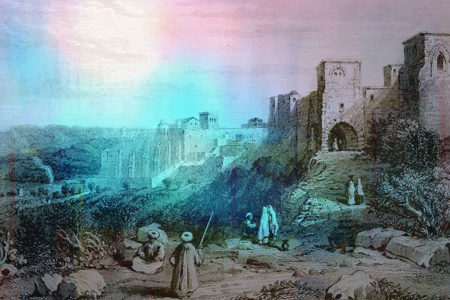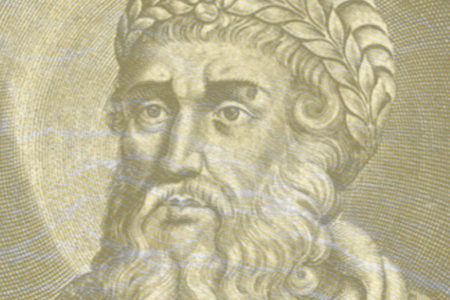The Flap Over Israel’s Nation-State Law
The Knesset recently enacted a new law that declares Israel is the historic homeland of the Jewish people and that they have an exclusive right to national self-determination in it. The so-called Nation-State Law establishes Hebrew as the official language of Israel and declares Jerusalem the country’s official capital. It also asserts that the development of Jewish settlements is a national interest that will be encouraged, promoted, and consolidated.
Proponents of the law say the law is necessary to guarantee Israel’s future as a Jewish country. It now enshrines Israel’s Jewish identity into the Basic Laws, which serve as Israel’s de facto constitution. Previously, Israel’s Jewish identity was embodied only in its 1948 Declaration of Independence, which has no constitutional value.
Israeli Prime Minister Benjamin Netanyahu hailed the Nation-State Law as a “pivotal moment” in the annals of Zionism and the history of Israel: “We enshrined in law the basic principle of our existence. Israel is the nation-state of the Jewish people, which respects the individual rights of all its citizens. This is our state—the Jewish state. In recent years there have been some who have attempted to put this in doubt, to undercut the core of our being. Today we made it law: This is our nation, language, and flag.”
The new law sparked an outcry from civil-rights organizations and others who argue that it discriminates against Israel’s Arab minority and favors Israel’s Jewish identity at the expense of democracy. Ahmad Tibi, an Arab Knesset member who belongs to the Joint List party (a coalition of Arab parties), denounced the law as “the end of democracy and the official beginning of fascism and apartheid.”
The European Union claims the law harms the prospects for a “two-state solution” to the Palestinian-Israeli conflict, even though the basic premise has always been a Jewish state existing alongside an Arab state.
In fact, the law is designed to blunt the consequences of a “one-state solution,” which would merge Israel, the West Bank, and the Gaza Strip into one big country—one in which Arabs would outnumber Jews. The Nation-State Law ensures that Israel cannot be easily transformed into a binational state.
“We are enshrining this important bill into a law today to prevent even the slightest thought, let alone attempt, to transform Israel to a country of all its citizens,” said Knesset Member Avi Dichter, the law’s sponsor.
A recent rally in Tel Aviv seemed to prove his point. The demonstration at Rabin Square, ostensibly called to protest the Nation-State Law, quickly turned into a rally for Palestinian nationalism. Dozens of activists from the Arab Knesset party Balad, one of the four factions in the Knesset’s Joint List party, were waving Palestinian flags and chanting, “With blood and fire, we will redeem Palestine,” and “Millions of martyrs are marching to Jerusalem.”
Former MK Mohammad Barakeh, a longtime leader of the Hadash party and current head of the Higher Arab Monitoring Committee, a nongovernmental umbrella organization that represents Israel’s Arab community in the political sphere, told the crowd the demonstrators were at the square to “erase this abomination and remove the stain made by Netanyahu and his government called the nation-state law.” He said the Palestinian flag is the “flag of the oppressed Palestinian people, the flag they are trying to eradicate from history via the nation-state law.”
Netanyahu said the events show that many Israeli-Arabs want to “turn Israel into an Israeli-Palestinian state,” which proves the new law is necessary. Justice Minister Ayelet Shaked added, “PLO flags in Rabin Square last night prove that this is not a matter of equal civil rights because they clearly exist. This is about equal nationality, and that will never be.”








